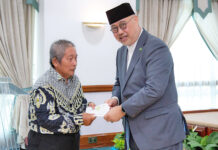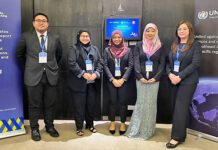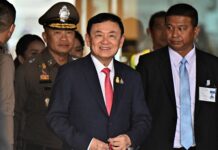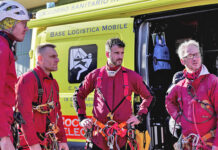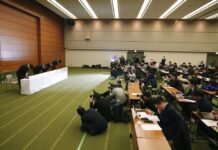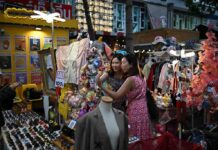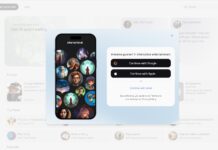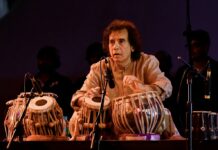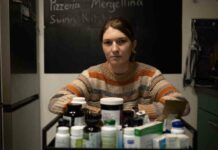ANN/THE KOREA HERALD – In a remarkable journey that began in 2019, Los Angeles-based tech firm AmazeVR, initially a comprehensive virtual reality entertainment start-up, swiftly redirected its primary focus to virtual concerts.
In a mere three years, the company emerged as a frontrunner in this evolving industry and celebrated the official launch of its services in South Korea this year.
AmazeVR’s debut in the Korean market reached a crescendo last month with the release of its first virtual concert, featuring the popular K-pop girl group aespa.
Produced in collaboration with the quartet’s label, SM Entertainment, the show was presented offline at the Megabox Coex cinema in southern Seoul.
Steve Lee, co-founder and co-CEO of AmazeVR, attributes the company’s success to an unwavering commitment to user experience.
While the significance of prioritising user satisfaction may seem apparent, Lee underscores that making and adhering to such a decision is no small feat for burgeoning start-ups, emphasising the strategic choices that have propelled AmazeVR to the forefront of the virtual entertainment landscape.
“The industry has a trend or a keyword every time, but we’ve never worked according to them. We focus on what will be valuable to our consumers. To do this, we had to try out everything ourselves and work out whether it works for us or not first,” Lee said during an interview AmazeVR’s Seoul office in Gangnam-gu, Seoul, in late October.
Recording the films 180 degrees – instead of the more common used 360 degrees viewscape few years back – was one decision AmazeVR had made.
“If we had shot aespa’s VR concert in 360 degrees, according to the trend at the time, the video resolution would have dropped by half. That wouldn’t have worked,” the engineer-turned-entrepreneur said.
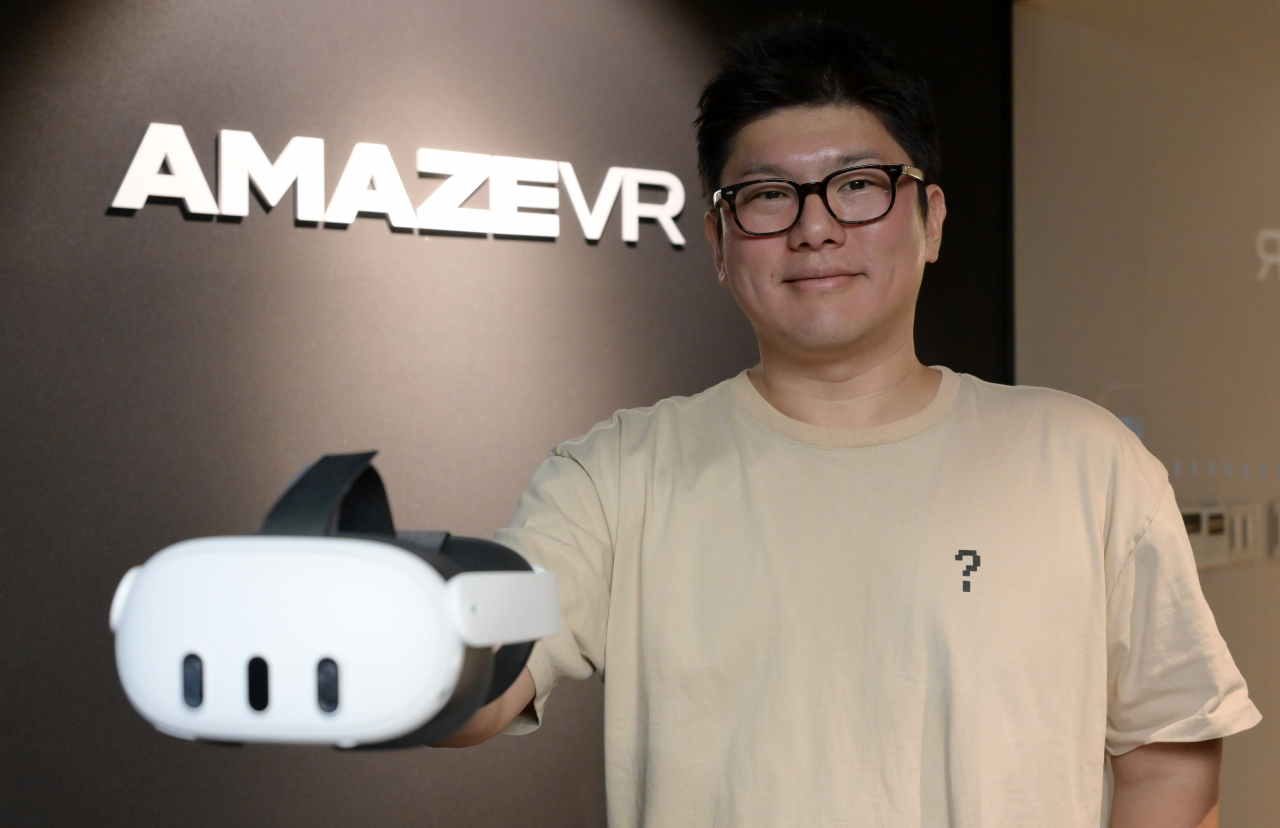
Sitting under a Meta Quest 3 headset in Megabox Coex, the 180-degree vantage point had been quite visible but not intrusive to the immersive experience.
Such small distractions were swiped off the mind the instant the 20-minute show began, as the viewer was pulled right in front of aespa members.
Beyond a “front-row experience” the VR concert was more like jumping onto the stage, with viewers taken up-close to the members’ faces.
While “virtual concerts” are a familiar concept, as they were common during the pandemic era, aespa’s VR concert was a whole new experience.
This was the idea upon which the four founding members of AmazeVR had started the company in 2015.
Four early members of Kakao, now a leading South Korean IT conglomerate, left the company around the time it was setting its foundations with the nation’s No 1 chat app Kakao Talk. They had a shared ambition to make it in extended reality – considered inclusive of VR – which they believed would lead the next paradigm in the digital landscape.
At first, AmazeVR aimed for something similar to Netflix – there were VR films, concerts and documentaries. Almost all premium VR content was distributed via AmazeVR, he said, but after compiling around 500 items of content, the company decided to focus on concerts.
The predictability of the impact an artist would bring with a concert was the biggest reason for the pivot, Lee explained.
“A star musician has a fandom and a sales record through which we could assume the size and style of the concert. We can draw a boundary of a sizable audience who would consume the concert,” he expounded.
Marking the first of the kind was three-time Grammy-winning rapper Megan Thee Stallion’s “Enter Thee Hottieverse,” which was initially distributed in-person in 15 cities around the US via AMC theatres from April to July 2022.
Last July, the company jointly established Studio A with SM Entertainment, making its first foray into K-pop. In March, it showcased aespa’s VR concert at the global film and interactive media festival 2023 SXSW and officially launched the virtual gig platform in South Korea with SM’s Studio Realive subsidary under the brand Lynk-pop in October.
Ultimately, he thinks success will not depend on the original content they make, but the technology for the creation and the platform for distribution.
Widespread uptake of headsets is needed first of all, Lee said, expecting this to take around three years, with the release of Apple’s Vision Pro next year to become the game-changer in the flow.
According to Lee, iPhones may be replaced by Vision Pro in 2026.
“I anticipate around 3-5 million active users for Vision Pro. That would be enough to make the business in the US. Even with a conservative outlook, I would say three years would be enough time for the public to see an affordable VR device,” he added.
In July, the company launched a mobile app for VR concerts, kicking it off with a show by Swedish artist Zara Larsson. All of its cinema-released content are also set to be, or already are, added to the platform for users to enjoy at home.
Reducing the time in the production of the concerts is what AmazeVR is currently working on.
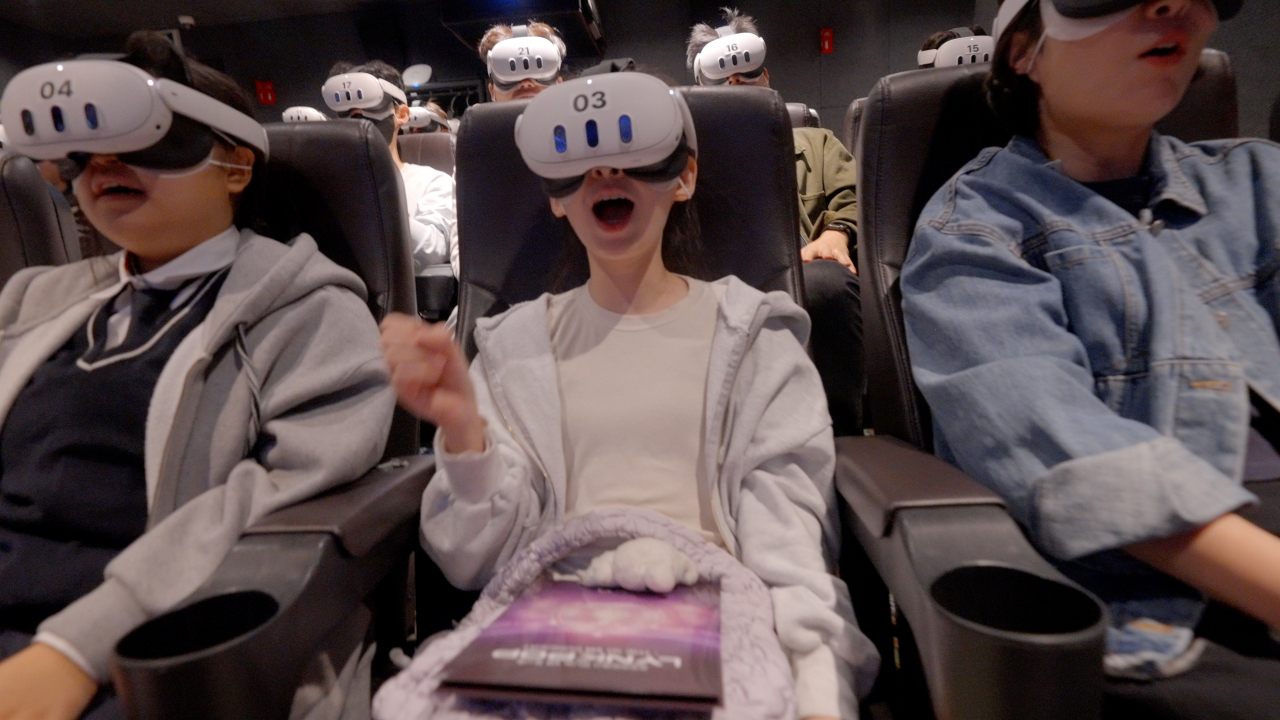
“Now it takes around six to eight weeks in making a single concert. With Stallion’s, it took around five months. Our technology was underdeveloped then, and the rendering technology for the Unreal Engine – the essential technology behind the computer graphic images – have also advanced immensely in speed. Eventually, we aim to make a tool through which anyone could make their own (VR concert),” said Lee.
“Spotify of music, YouTube of video and Live Nation of concerts are what we aim for,” the CEO aspired.
As a company, the immediate goal for AmazeVR is breaking even. The company has received USD50.3 million in investment, not including its own capital.
Making best use of the platforms that are already there is the first step to achieving this, Lee said.
“We expect cinema distribution will be enough to achieve the goal (of breaking even). With aespa as the start, we’ll expand on it and build it into a business of its own. … We might make an ‘Amaze VR’ cinema inside Megabox, for instance. We’ll release a concert of a new artist every month. If this model works in South Korea, we’ll be able to apply it to Japan, the US and more.”
Another near-future ambition for the firm is a stock market listing.
“Listing on a market is another way of fundraising and our opportunity to return to our investors. I wouldn’t consider it an accomplishment, but a natural step we take in the process. If it goes as planned, we’ll list on Nasdaq in two to three years,” Lee revealed.
Lee said a drive to experience as much as he can while he is around has driven him to where he is.
“Life is short. I feel it even more these days now that I’m in my 40s. For me, it has always been about the value I’m creating. Experiencing as much as we could before death is what I feel is worthwhile, and it’s my wish to provide people the opportunity.”
Kai of popular boy band Exo will release his VR concert on Lynk-Pop in January 2024.

